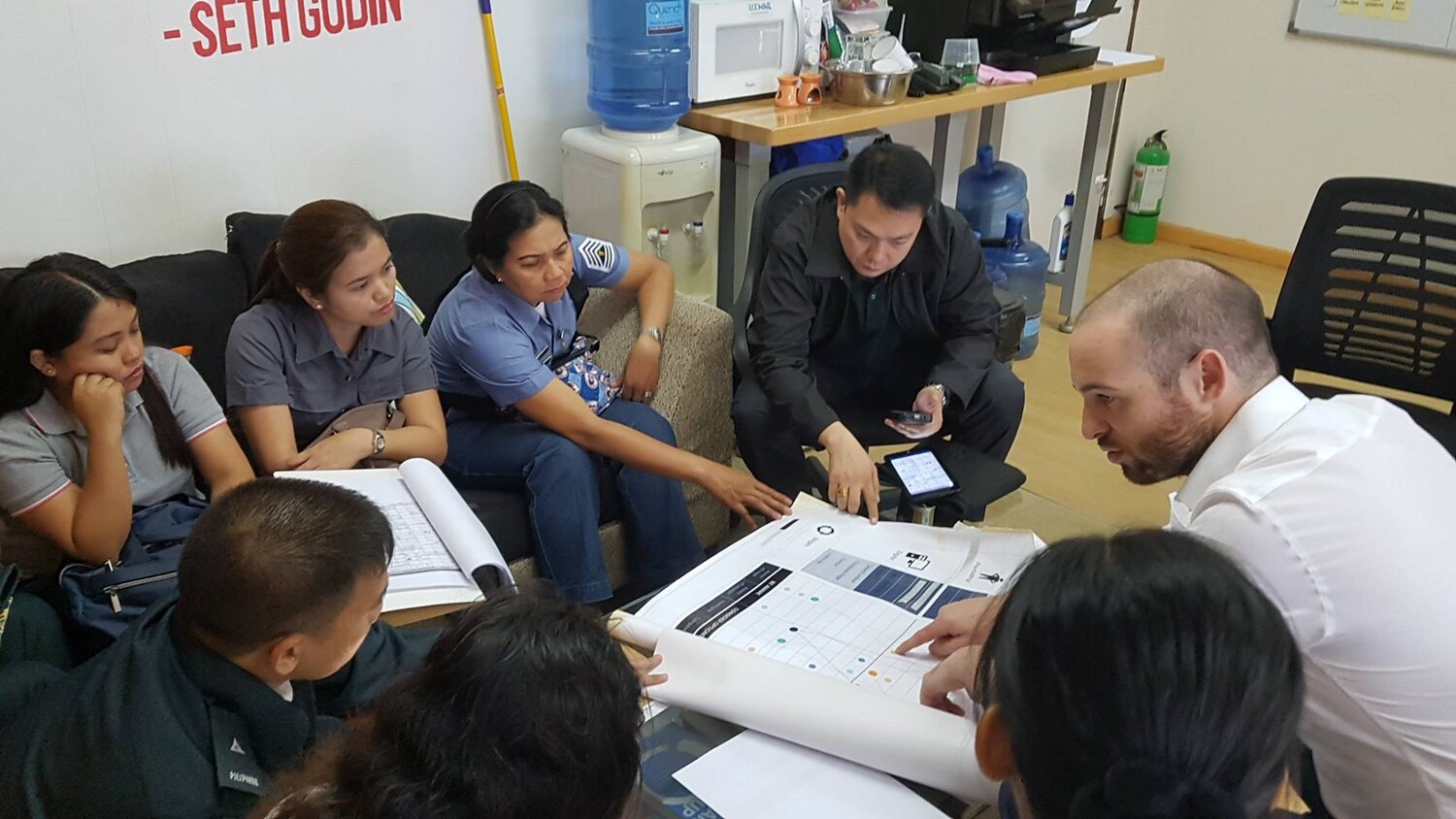(ILS-DOLE)
Healthcare & Public Service

Company
Makati Medical Center Foundation (MMCF) in partnership with the Armed Forces of the Philippines (AFP) – working together to strengthen patient care and hospital systems across the military health network.
Industry
Healthcare & Public Service
Strategic Priorities
Patient-Centered Care
Cross-Department Collaboration
Hospital System Innovation
Makati Medical Center Foundation partnered with the Armed Forces of the Philippines to address a critical challenge: improving the patient experience and strengthening communication across AFP hospitals. The initiative aimed to create actionable solutions for information-sharing problems, particularly around Hospital Management Information Systems. Design Thinking was chosen as the guiding methodology, ensuring the work would be grounded in empathy, collaboration, and experimentation.
AFP hospitals faced barriers that limited both patient care and operational efficiency:
MMCF launched Project CUPPPID (Communication of Unified Policies, Processes, and Programs in the AFP), bringing together participants from the Air Force, Army, Navy, and General Headquarters to find better ways forward.
On-Off Group designed and facilitated a program that combined immersive training with applied project work. It began with a half-day Design Thinking boot camp to align participants and set a game plan. From there, teams entered a 30-day cycle of applying Design Thinking directly in the hospital environment.
The process ensured teams were not only learning the methodology but also applying it to real challenges in their context.
Beyond the winning solution, participants gained skills in empathy, problem framing, and rapid prototyping — creating momentum for ongoing improvement across AFP hospitals.